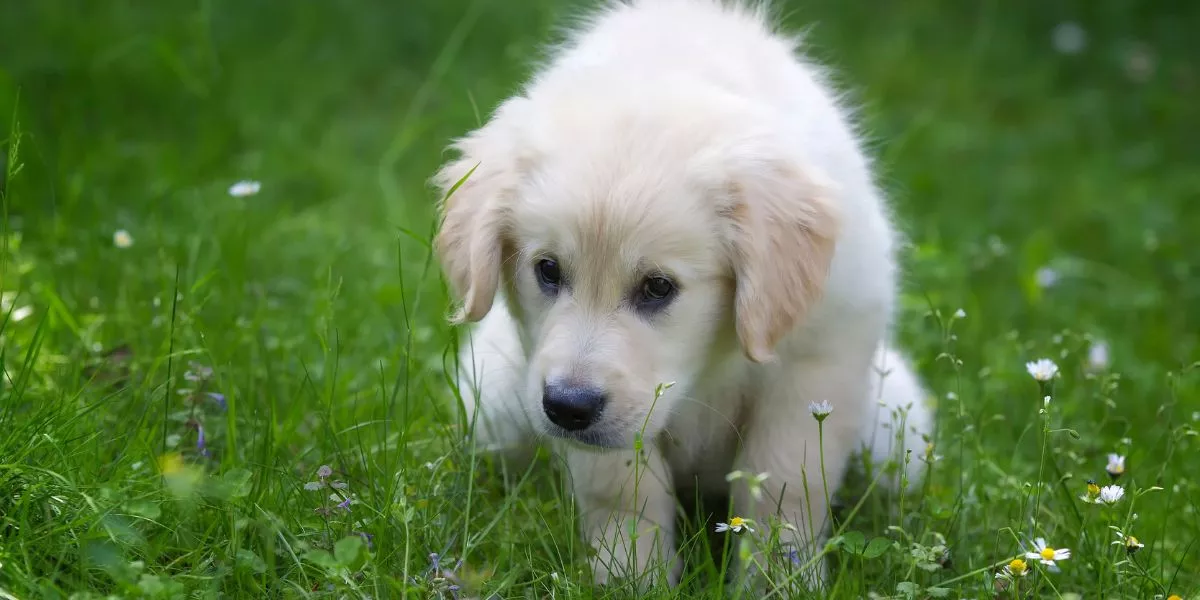
When it comes to potty training your puppy, consistency is key. But what about those inevitable setbacks that can leave you feeling frustrated? Stay tuned to discover how handling accidents with patience and positivity can make all the difference in your training journey.
Establishing a Consistent Routine
To successfully potty train your puppy, begin by establishing a consistent routine. Dogs thrive on routine and predictability, so setting a schedule for feeding times, bathroom breaks, and playtime is essential. Start by taking your puppy outside first thing in the morning, after meals, and before bedtime. This helps them associate going outside with the opportunity to relieve themselves.
Consistency is key in reinforcing good potty habits. Take your puppy to the same spot in the yard each time to do their business. This scent marker will encourage them to go in the designated area. Be patient and give them plenty of time to sniff around and find the perfect spot.
Keep an eye on your puppy for signs that they need to go potty, such as circling or sniffing the ground. When you see these cues, immediately take them outside to their designated spot. Praise them enthusiastically when they go potty outside to reinforce this positive behavior. Remember, patience and consistency are crucial in successfully potty training your puppy.
Using Positive Reinforcement Techniques
For effective potty training, utilize positive reinforcement techniques to encourage your puppy's good behavior. Positive reinforcement involves rewarding your puppy for exhibiting the desired behavior, in this case, going potty in the designated area. When your puppy successfully goes potty outside or in their designated spot, immediately praise them with a cheerful tone and offer a tasty treat. This positive association reinforces the idea that going potty in the right place is rewarding.
Consistency is key when using positive reinforcement. Make sure to praise and reward your puppy every time they go potty in the appropriate spot. This repetition helps your puppy understand what behavior is expected of them. Additionally, be patient with your puppy as they're learning. It may take some time for them to fully grasp the concept, but with consistent positive reinforcement, they'll eventually get the hang of it. Remember to always use positive reinforcement techniques to create a positive and rewarding potty training experience for your puppy.
Supervising and Monitoring Behavior
When potty training a puppy, closely supervise and monitor their behavior to catch any signs that they need to go outside. Keep a close eye on your puppy, especially after eating, drinking, playing, or waking up from a nap, as these are common times when they may need to relieve themselves. Watch for sniffing, circling, or restlessness, as these can indicate that your puppy needs to go potty. By being vigilant and attentive, you can quickly pick up on these cues and take your puppy outside promptly.
Additionally, consider using a crate or confining your puppy to a small area when you can't directly supervise them. This helps prevent accidents inside the house and encourages your puppy to hold their bladder until they're taken outside. Remember to take your puppy out frequently, especially after meals and naps, to give them ample opportunities to go potty outside. By closely supervising and monitoring your puppy's behavior, you can set them up for success in their potty training journey.
Handling Accidents With Patience
How do you respond when your puppy has an accident indoors? Accidents are a normal part of the potty training process, and it's essential to handle them with patience and understanding. When you discover that your puppy has had an accident, it's crucial not to scold or punish them. Instead, calmly clean up the mess to prevent any lingering odors that might attract your puppy to eliminate in the same spot again.
It's important to remember that puppies have limited bladder control and may not always make it outside in time. Stay consistent with your potty training routine, take your puppy outside frequently, especially after meals and naps, and provide positive reinforcement when they eliminate in the correct spot. If you catch your puppy in the act of having an accident, interrupt them gently and take them outside to finish.




